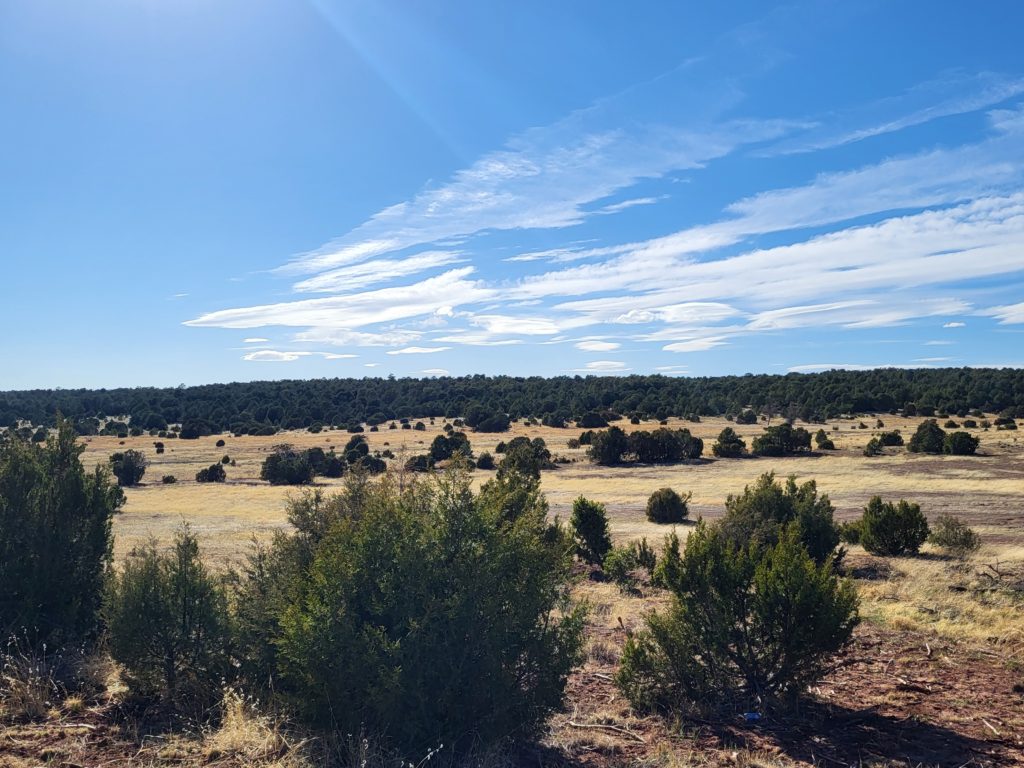Bert Hellinger and other systemic thinkers teach that the drive to belong is one of the strongest influences on human behavior. Our need to belong inclines us — consciously or unconsciously — to be loyal, and to acquire the worldview and practices of the groups to which we belong.
This tendency is especially strong in the groups we inherit in childhood: our family, nation, gender, ethnicity, etc. The belonging patterns go very deep. To a great degree, they are so deep we do not recognize them for what they are. They are simply “reality.” As the old saying goes “the fish does not see the water it swims in.” We are so intensely bonded to our cultures of birth, we may not see them as cultural properties; instead, we see them as aspects of “how things are.”
This can be especially painful when we begin to hear the news that our birth culture has injured other cultures, or we are asked by another group to do something that might accommodate them, in ways that seem unnecessary in our own. For instance, many of us who are cis-gendered have been asked to try out other pronouns than we are not used to, or to identify our own in order to make those who have to do it all the time (trans and gender queer people, perhaps) feel more included. Our first reaction might be to feel defensive, affronted, annoyed, confused or exhausted at the idea.
This is entirely normal! Someone has just shown us “the water we swim in.” We are used to the way our groups “feel” to us, and how seamlessly our belonging patterns fit in. These are the patterns we give no thought to whatsoever — that we don’t even see as patterns — because we belong to them so completely.
When someone asks us to try something different, it can sometimes set off these kind of emotional reactions. This is our fight/flight mechanism, set off by an automatic (faster than light!) impression that our group belonging is under threat. Again, this is NORMAL. It’s worthwhile taking a moment to respect this — when our norm is revealed not to actually be a norm, our bodies often react immediately with fear.
What is happening? We are learning (again!) that our belonging-reality is not all of reality. That other belongings have other belonging-realities, and that sometimes our belonging-reality injures other ones, especially if in this particular instance it derives from a belonging that has dominance in the larger culture.
In this instance, however, we aren’t actually under threat. We are just running into something different from our own belonging that nonetheless deserves (and must be, if we are to be a just society) to be included in the larger culture.
Hidden loyalties are powerful realities. They shape our blindspots and shadows, and feed what psychologists call “unconscious bias” and “confirmation bias.” It’s completely normal that we feel threatened when stretched beyond our current belongings. But for those of us who value a more just society, where the dominant culture isn’t the one that always “wins,” we are being called into a challenged stretch, to notice our reactions, appreciate their source, and find resources to grow our group loyalties so that the new no longer sets off our instinctive threat circuits.
When have you found yourself reacting to something new like this, certain it was either a threat or not important, and later changed your mind? When have you experienced the gorgeous transformation that comes from seeing our larger belonging-to-each-other? Please share on my blog below.



Leave a Reply